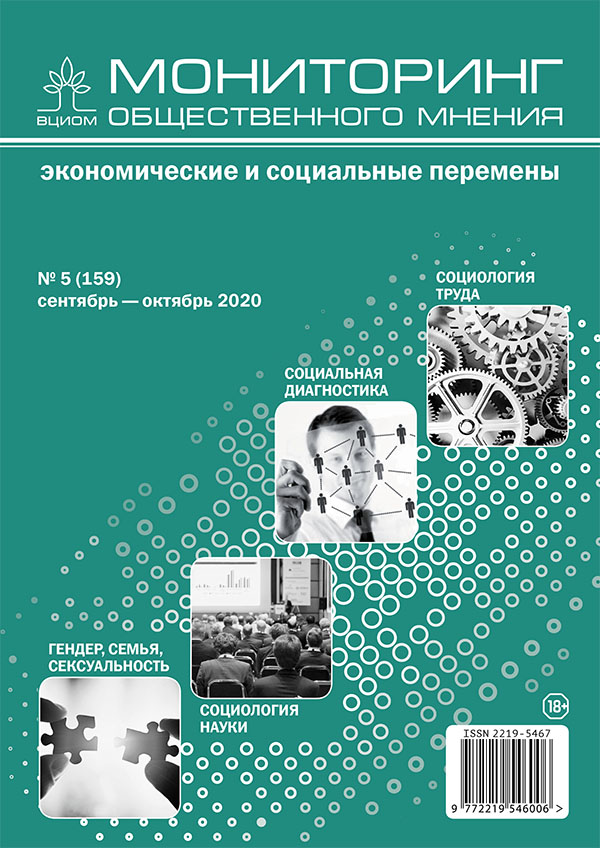Adaptation of Visually-Impaired Students in the Universities
DOI:
https://doi.org/10.14515/monitoring.2020.5.1586Keywords:
adaptation, disability, visual impairment, higher education, educational needsAbstract
Creating an inclusive society means creating an environment that would help people, including people with disabilities, realize their potential. Higher education institutions play a special role: they are required to have higher availability standards; and it does not only involve architectural and technical requirements but also a totally inclusive education and social environment that would provide a better adaptation for people with disabilities, in particular the visually-impaired persons. The study presents four types of adaptation of visually-impaired students in the academic environment (formal, didactic, social and professional). These types are examined in terms of periods of time, namely ‘preventive’, ‘time-urgent’ and ‘long-term’ periods. Based on interviews with the visually-impaired students from Moscow universities the authors describe type-specific adaptation practices and their features. Formal and social adaption take place at the preventive stage; professional adaptation starts only at the long-term stage. Besides that, universities lack mechanisms of adaptation support, so all the problems are tackled based on personal arrangements between the visually-impaired students and their fellow students, lecturers and administrative staff. As a rule, the visually-impaired students are responsible for organizational issues transmitting the rules of communication with people with visual impairment and also using a variety of forms of self-presentation when interacting with different agents at different stages.
Acknowledgements. The article is based on the findings from a project in the framework of HSE Academic Fund Programme and funded under ‘5-100’ Russian Academic Excellence Project.
Downloads
Published
How to Cite
Issue
Section
License
Copyright (c) 2020 Monitoring of Public Opinion: Economic and Social Changes Journal (Public Opinion Monitoring) ISSN 2219-5467

This work is licensed under a Creative Commons Attribution-NonCommercial-ShareAlike 4.0 International License.






